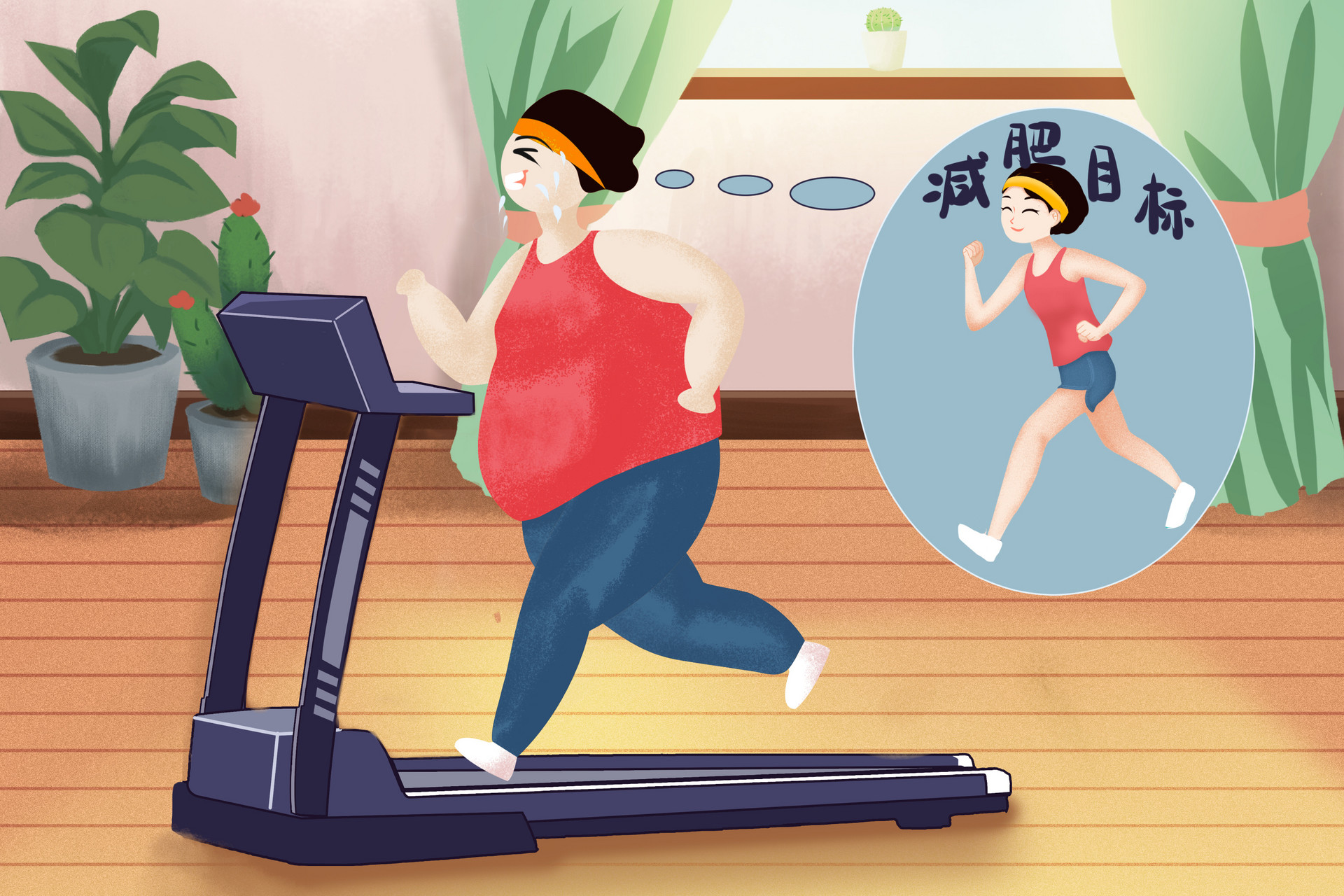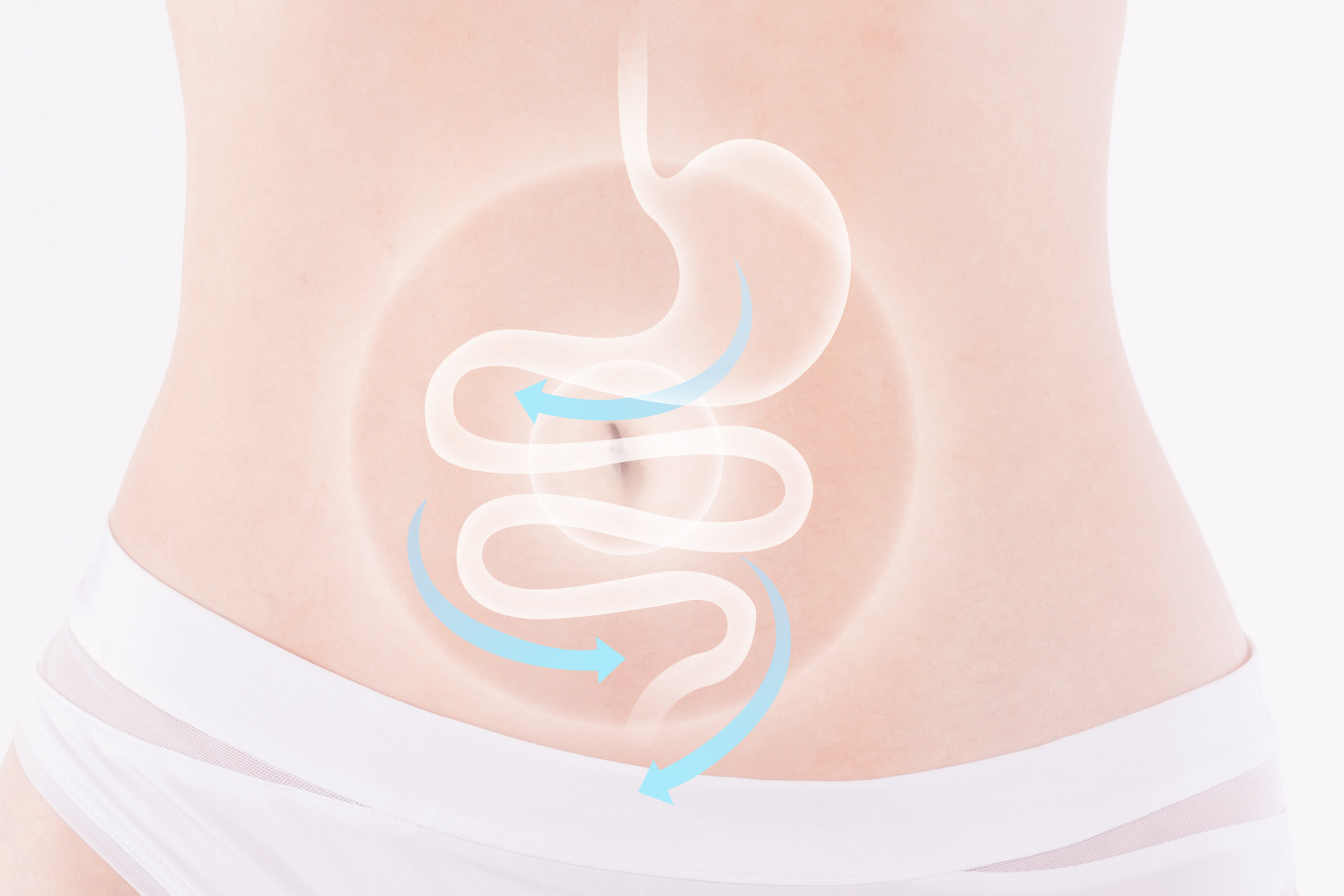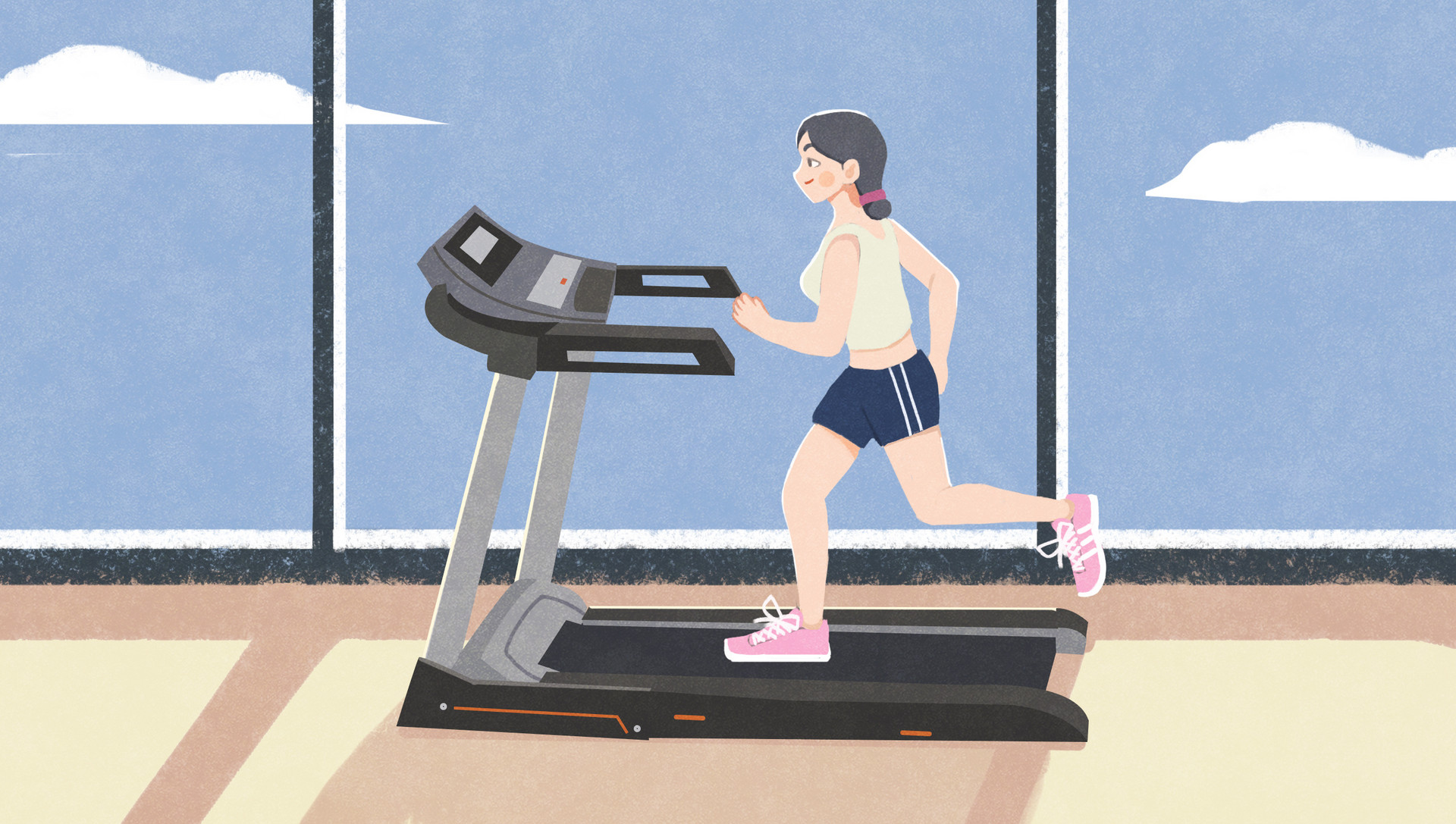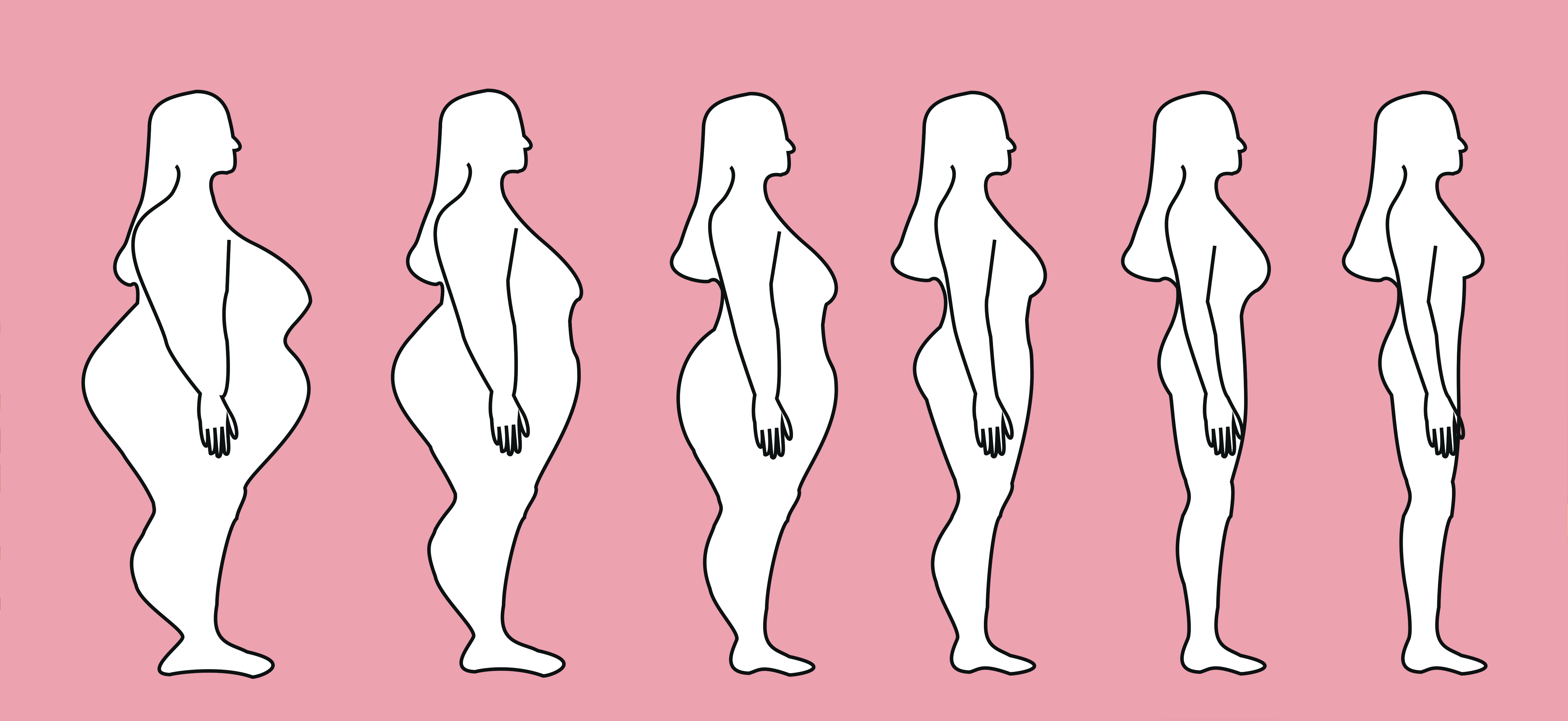The fundamental method for weight loss is to control diet and increase physical activity. The following dietary tips can be helpful for weight loss.
Preparation before meals:
1. Drink soup before meals. Drinking soup can make the stomach feel less hungry and can also make the main course expand, preventing overeating.
2. Eat fruits before meals. Fruits have a large volume and can create a feeling of fullness, reducing the amount of the main course.
3. Have a small piece of fruit candy before meals. After the blood sugar level rises, the stomach doesn't feel particularly hungry, and the speed and quantity of food intake will decrease, making it less likely to overeat.
4. Avoid eating when not feeling particularly hungry, as this can often lead to overeating.
Considerations during meals:
1. Slow down the eating speed and chew each mouthful of food thoroughly. Most obese individuals eat too quickly, and the brain doesn't have enough time to register the feeling of fullness before overeating. Slowing down the eating speed can more accurately sense the feeling of fullness.
2. Avoid reading books or newspapers during meals and focus on experiencing the sensations in the stomach and intestines, experiencing the process of diminishing interest in food.
3. Avoid drinking sweet beverages and alcohol during meals, and only drink plain water, tea, and low-fat soups.
4. Start with vegetables, seaweed, mushrooms, tofu, and other low-calorie dishes before moving on to staple foods and animal products to ensure that calorie intake is not excessive.
5. Eat vegetables and main course simultaneously, instead of waiting to finish the vegetables before starting on the main course.
6. Once interest in the food diminishes, even if the meal is not finished, stop eating.
Considerations after meals:
1. Avoid eating peanuts, melon seeds, and snacks after meals, and do not eat fruits such as bananas and apples that contain a certain amount of calories.
2. Avoid drinking sweet beverages after meals.
3. Brush your teeth immediately after dinner. This not only protects the teeth but also prevents snacking after meals.
4. Avoid sitting or lying down immediately after meals and engage in light activities to help burn the energy from the food.
Food choices:
1. Avoid using foods such as dumplings, steamed buns, pastries, and snacks that contain oil, sugar, or meat as substitutes for rice and steamed buns as staple foods, as they are much higher in calories and more likely to cause weight gain.
2. Use tofu as a substitute for animal products. Certain foods can help accelerate weight loss.
3. Use chicken and fish instead of pork. Chicken has a lower fat content and higher protein content, while lean pork has a fat content of about 25%, and spare ribs can be as high as 30% to 40%.









